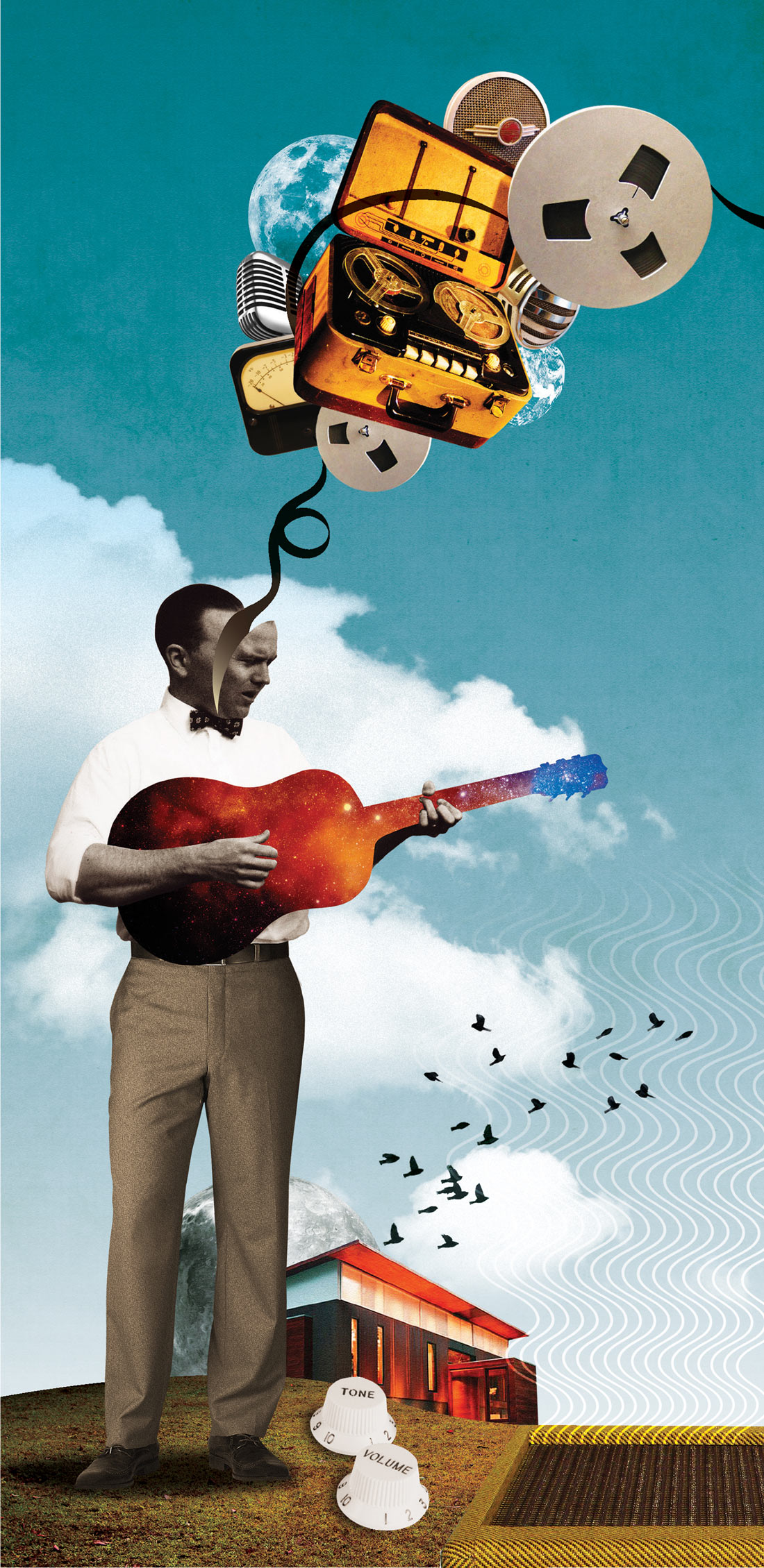Mixerman [Tape Op #34], the authorly alter ego of producer/engineer/mixer Eric Sarafin, first gained notice with a crazy online diary that eventually saw form as a book, The Daily Adventures of Mixerman. He followed that up with Zen and the Art of Mixing [#83], an excellent guide for comprehending what mixing music is really about and how to do it right. Here, with Zen and the Art of Producing, Mixerman tackles the subject of record production - a grander and somewhat more difficult undertaking. I began reading this 300-page tome with some trepidation, as I might not be his target audience, having spent so many years working out my own style of producing records. But just as I did with Zen and the Art of Mixing, I found many passages I agreed with completely and reams of similarly hard-earned knowledge. The bulk of the information passed on here is spot on: learn how to really listen; work well with people and guide them; don't work on projects you don't believe you can bring something to; and basically, keep the whole process on track so you end up with an album that communicates the desired intent and connects to listeners. Much of this book is spent explaining how to work with artists, and this is important. As I always try to point out in Tape Op, focusing on gear and recording techniques is great and all, but people are what records are built on; it's refreshing to see a book that is honest about this while also teaching the reader about session flow, budgets, and the business end of this goofy profession. This book is one of the few resources I've ever seen that really spells out what this job is.
As much as I like this book, it raised a few issues with me. Mixerman has spent many years operating in the L.A. music scene - and it shows. Many scenarios and budgets just didn't translate to my world, even though I've made a shitload of albums. I know he knows this, but after so many years of being in this system, his book reflects it in a way that comes across a bit foreign to someone making records in the "sticks" (i.e., not L.A., Nashville, or NYC) or on tiny budgets. Another point, which he does address well early on, is the focus on producing bands. I know most of the book can be applied to recording solo artists, of whatever situation one is in, but damn, I got a bit tired of always hearing about "the band" when this isn't something all of us deal with all the time. These might be minor quibbles, but I felt I should mention them.
Who needs this book? Anyone that is starting to take paying gigs recording music. Anyone that has been in this biz as a musician or engineer and thinks they should become more active as a producer should read Zen and the Art of Producing for sure. Anyone that just needs a better idea of what goes into the making of an album, like most people in the rest of the music biz, should read it. Many confused record-label people, publicists, journalists, and A&R folks would benefit from this book. But I'll bet just about anyone reading Tape Op right now would gain something of value from Zen and the Art of Producing. It's also not a dry, boring read; Mixerman is funny, and he has the real-world experience from all ends of this process to back it up. ($24.99; www.mixerman.net, www.halleonard.com) -LC




_disp_horizontal_bw.jpg)